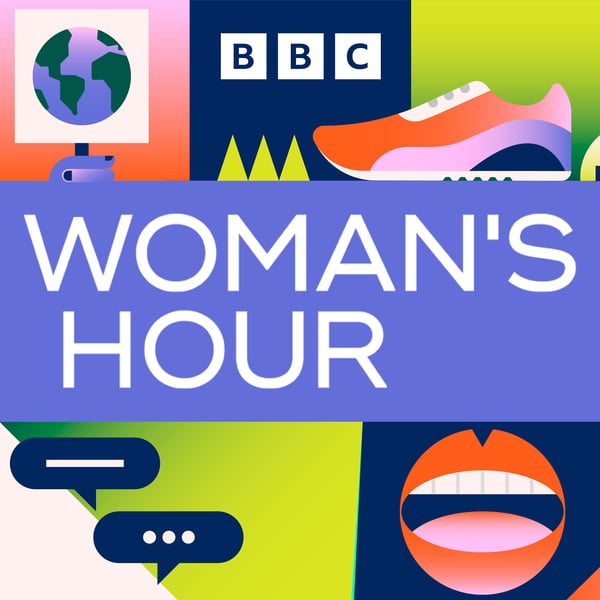Anna Fedorova, Women and Gambling, Iran Demonstrations, The End of Covid, Japan's Under-35s Rejecting Marriage
Woman's Hour
BBC
4.2 • 2.9K Ratings
🗓️ 22 September 2022
⏱️ 57 minutes
🧾️ Download transcript
Summary
Transcript
Click on a timestamp to play from that location
| 0:00.0 | BBC Sounds Music Radio Podcasts |
| 0:05.3 | Hello, I'm Emma Barnett and welcome to Woman's Hour from BBC Radio 4. |
| 0:10.0 | In a week where the US President Joe Biden has talked of the COVID-19 pandemic being over, |
| 0:15.9 | today I wanted to get a sense from you of where you are with this. |
| 0:20.6 | Because today we've heard the first announcements from our new health secretary to raise coffee, |
| 0:25.1 | mainly referring to GP appointments and how to improve that system and access to medical care. |
| 0:30.8 | But how much of your thoughts or concerns are still wrapped up with COVID? |
| 0:35.2 | In the UK the latest figures show COVID infections have fallen to their lowest levels since October last year. |
| 0:41.6 | I'll be joined by an epidemiologist and a behavioural scientist to give us the latest picture |
| 0:46.4 | of the science and of how people are responding. |
| 0:49.6 | But we know from the last two years women have tended to be more open to mask wearing, rule following, |
| 0:55.8 | and yet there are still barriers to pregnant women or younger women from getting vaccinated. |
| 1:01.2 | Research also shows we're becoming increasingly anxious as a nation |
| 1:05.4 | in a world that feels unstable with the pandemic, the Ukrainian war and the cost of living crisis, |
| 1:11.6 | all of which I have to say totally unplanned our subjects we touch upon in today's programme. |
| 1:17.0 | This is the time we're in I suppose. But what about you and COVID, but also I suppose the climate |
| 1:23.5 | that we find ourselves in, how are you responding, how is your life changing, perhaps how are your thoughts |
| 1:28.8 | different at the moment? It would be very interesting to test the temperature of this with you. |
| 1:33.1 | 84844 is the number you need to text me here at Woman's Hour. |
| 1:37.0 | Text will be charged at your standard message rate. |
| 1:39.1 | On social media, we're at BBC Woman's Hour or you can email us through our website |
| 1:43.8 | or send a WhatsApp message or voice note using a different number, 037001444. |
... |
Please login to see the full transcript.
Disclaimer: The podcast and artwork embedded on this page are from BBC, and are the property of its owner and not affiliated with or endorsed by Tapesearch.
Generated transcripts are the property of BBC and are distributed freely under the Fair Use doctrine. Transcripts generated by Tapesearch are not guaranteed to be accurate.
Copyright © Tapesearch 2025.

